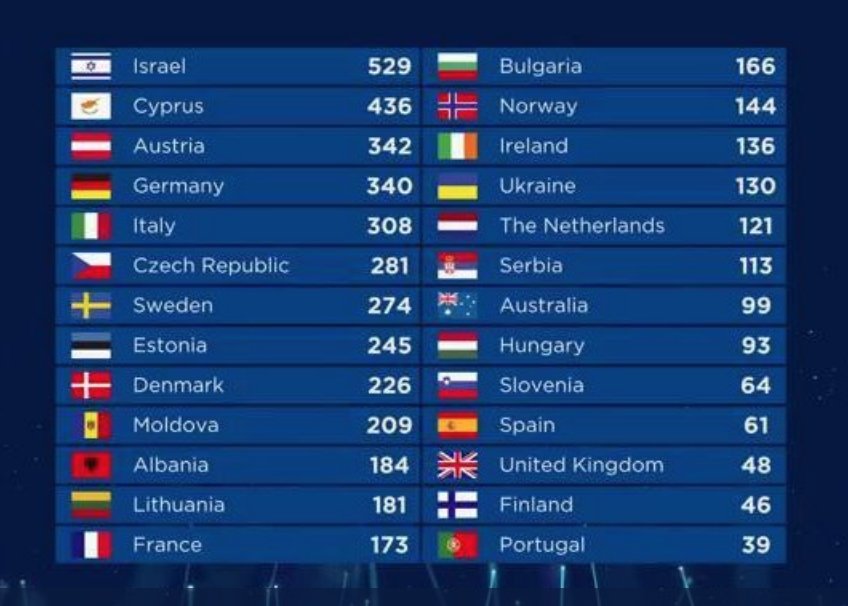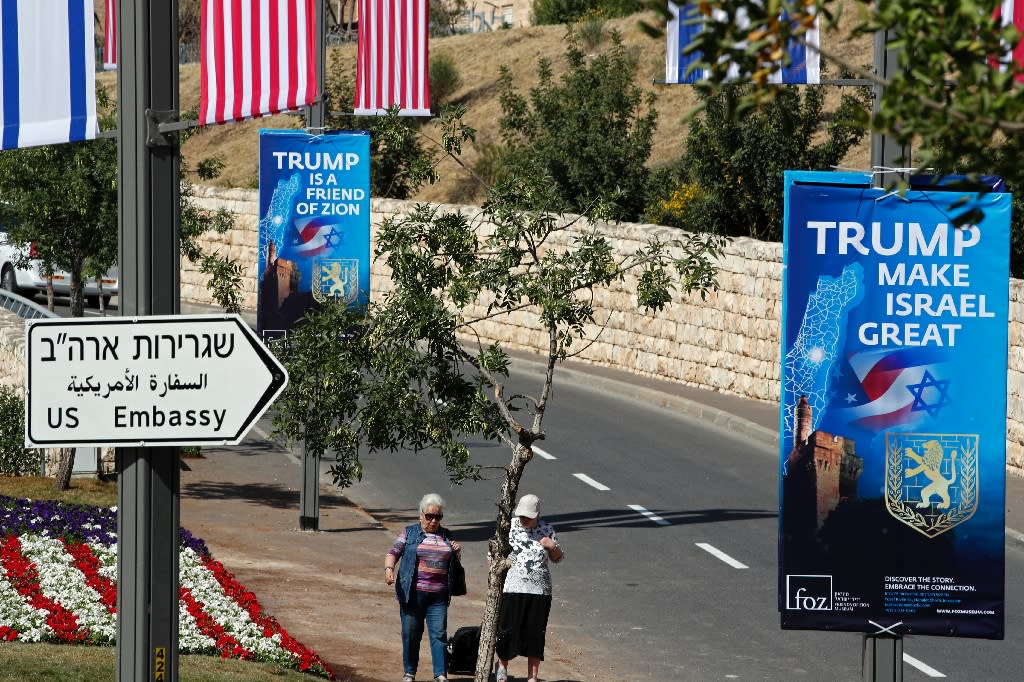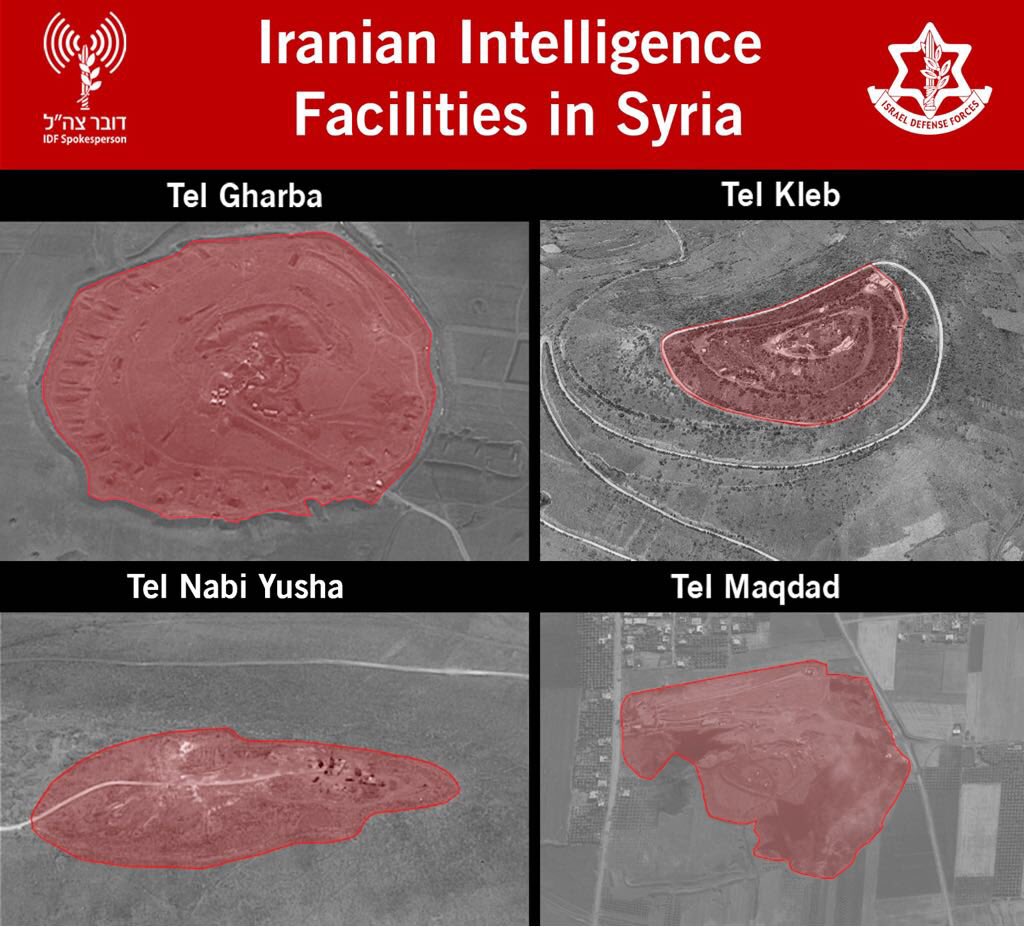After Eurovision win, Jerusalem gears up to strut stuff on world stage
Netta Barzilai’s Eurovision win kicked off massive street parties in Tel Aviv Sunday morning, but next year it’s expected Jerusalem will be the city celebrating the song contest.Rejoice with Jerusalem
Israel’s win, its first since 1998, means it wins the right to host next year’s finals, which has transformed in those intervening decades into a massive extravaganza with two rounds, tens of thousands of fans, and millions more tuning in around the world.
Barzilai scarcely had time to change out of her red and black kimono before city officials and politicians in Israel were crowing about plans to host the contest in Jerusalem.
“Next year in Jerusalem,” Prime Minister Benjamin Netanyahu said in a congratulatory message, a sentiment echoed by many others, not least Barzilai.
“There is nothing like an Israeli party. You will find out next year,” Barzilai said after her win, yelling “Next year in Jerusalem.”
Speaking to Israel’s Kan broadcaster, she said she looked forward to the world seeing “the Israeli carnival” when Jerusalem hosts the contest.
People will see “how wonderful we are. What a vibe we have. Best people… the best place in the world,” she said.
Despite the win coming in the middle of the night in Israel, Jerusalem Mayor Nir Barkat was among the many to quickly congratulate Barzilai and thank her for giving his city the chance to host the competition.
“The city of Jerusalem will grant any help needed in putting up Eurovision 2019 in the capital of Israel and together we will expose the beautiful face of Jerusalem to the whole world,” he said.
A hundred thousand people carrying Israeli flags are expected to take part in the traditional Jerusalem Day "Flag Dance" parade around the Old City on Sunday. The procession will be led by veterans of the battle for Jerusalem and victims of terrorism.David Horovitz: Israel’s ‘different’ Eurovision winner has a message for Jerusalem too
For 30 years, crowds have been marching and dancing in the streets of Jerusalem. This year, the dancing started on Saturday and went on all night, with people flocking to the Western Wall.
For the religious Zionist movement, Jerusalem Day is a celebration in every sense of the word, almost like Independence Day. Sephardi and Ashkenazi Jews alike pray and wear their Sabbath clothes. The mythological Merkaz Harav Yeshiva – where the enterprise of settling Judea and Samaria began – will be hosting a huge party, and the prime minister is scheduled to speak there. Many of the yeshiva's graduates fought to liberate Jerusalem and Judea and Samaria, including IDF Paratroopers Brigade commander Yoram Zamosh, who immediately after the Western Wall was liberated in June 1967 drove Rabbi Zvi Yehuda Kook and Rabbi David Cohen there in a jeep, knowing the symbolic power of bringing both these great spirits of Zionism together at the remaining wall of the Second Temple compound.
"Rejoice with Jerusalem, and be glad for her, all you who love her," said Isaiah the prophet (Isaiah 66:10), who predicted that after the terrible exile the Jewish people would rise again. Who could have thought when Jerusalem was razed that it would rise again like this? But the prophet gave us Divine instructions: When you return to Jerusalem, you must rejoice. In current terms, as Prime Minister Benjamin Netanyahu put it: Don't be sourpusses.
As it turned out, however, the drama kicked off even earlier than expected, on Saturday night, when Netta Barzilai won the Eurovision Song Contest with a demonstrably irresistible song at least partly highlighting female empowerment amid its chicken noises. Overwhelmed by her victory but still retaining her composure, Barzilai in her moments of triumph proved an admirable Israeli icon, praising her country, showing generosity to her defeated rivals, and hailing the contest and its voters for embracing the difference and diversity she champions.
“Thank you so much for choosing difference,” she enthused to the watching world (an estimated 200 million people). “Thank you so much for accepting differences between us. Thank you for celebrating diversity. Thank you. I love my country. Next time in Jerusalem.”
Unsurprisingly, the backlash was not long in coming. Anti-Israel activists, notably from the BDS (Boycott, Divestment and Sanctions) movement, are vowing to utilize the fact that Jerusalem will now host next year’s contest to mount a major campaign highlighting ostensible Israeli “apartheid” policies regarding the Palestinians. (The charge does not withstand serious scrutiny: For all the complexity and argument surrounding the Israeli-Palestinian conflict, the bottom line is that Israel does not claim sovereignty in the West Bank and Gaza, and its key caveat over partnering the Palestinians to statehood is the eminently reasonable demand that their state not come at the expense of ours.)
But Barzilai’s victory already constituted a stinging defeat for the BDS campaigners, who had urged Eurovision participants to boycott Israel’s entry by giving it zero points. In the event, the juries from the participating nations elevated Israel to an impressive third place, and it was then the viewers’ votes in those 43 countries that lifted Barzilai into top spot — a win by genuine public acclaim.






























.jpg)





